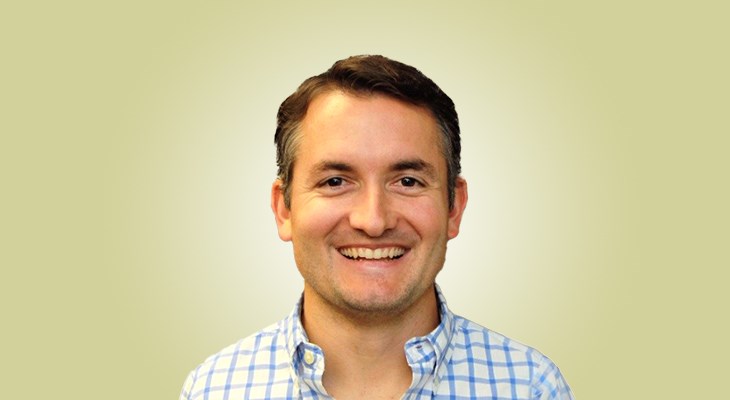Technical talent is few and far between these days, says Seyer Industries CEO Chris Seyer. Finding employees is a challenge, especially in the skilled trades. And with the few options he says they have for hiring out of tech schools or in the market, they've got to compete with Fortune 500 manufacturers. That means getting creative.
"We really can't compete on wages," Seyer said during the 2023 St. Louis Smart Business Dealmakers Conference. "But we can compete in other ways. And so that's where we look to culture, the family business, open-door policy. We can show them all the fun stuff we get to do as a company. We treat everybody as part of the family."
He says being a family business, they can get to know their employees on a more personal level, whereas at a much, much larger business, relationships tend to be more transactional.
"We use culture as a differentiator to hire folks," he says. "We bring them into the building; we actually show them firsthand. We're recruiting younger and younger these days. We're in sophomore classes in high school trying to get kids, and really parents, keyed into manufacturing, just because they're just not out there. But getting the parents in with the kids to show them, again, the family business, the culture, because we're not going to be able to give them the highest offer, but we can offer other things."
In addition to competing by being incredibly flexible with hours and shifts, he says the company does employee outings, open houses, bring the kids to work day — all things he says aren't a big investment on the company's part, but it goes a long way toward making people feel part of something.
"Culture is kind of the collection of shared experiences employees have together," he says. "It's like playing on a sporting team, or being in the military together, pledging a fraternity together; this group of people all has the same experiences — the highs and the lows together. And as the leader, the buck stops with us from a culture standpoint. (You) provide the opportunity to have those experiences with your employees."
Though he's done three acquisitions, he says he's not necessarily, as a more early-stage company, had the benefit of having somebody on his side to help him do the evaluation. So, a lot of determining fit is just feeling the other company out.
"Historically, I guess I've just gone off instinct," Seyer says. "But that may just be because we're not at a scale yet where we can afford to bring on the experts, bring on the pros. But we've done it based on instinct and just building a relationship over a period of time."
In his company's aerospace and defense manufacturing sector, it's very fragmented. Though there have been attempts to consolidation, there are not many of them that he'd consider successful.
"We have seen far more examples of bad acquisitions than good acquisitions, which is good for us because our competitors are bought, the acquiring entities don't appreciate what that family means to the business or the leadership means to the business, and I think it's often overlooked or underappreciated," Seyer says. "Not to say that it's paramount but you can see quickly when a company starts going downhill after the acquisition. It's happened multiple times. It's actually on our first slide when we present to customers, one of the first things we say is privately held, not owned by outside money. And that resonates — we get more comments and kudos off of that. So, I guess appreciating the culture and understanding what you're getting into, at least from my narrow lens of family business in our world."




